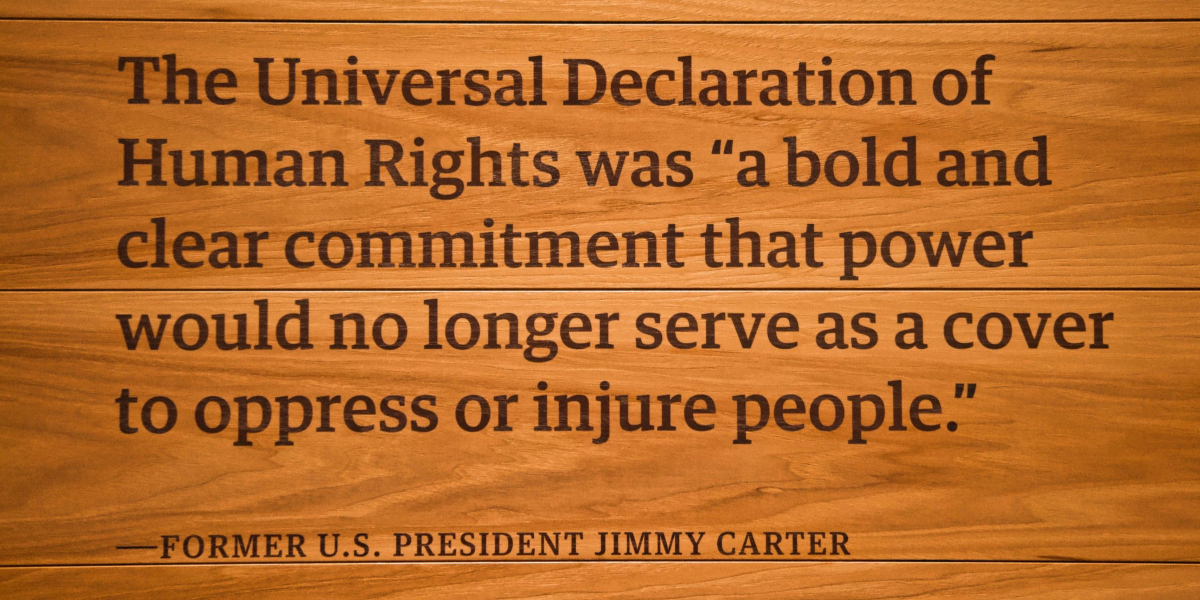The Impact of Ignoring Race: Louisiana Lawsuit and Its Potential Effect on Civil Rights
In recent legal battles, Louisiana finds itself at the center of a contentious debate over the consideration of race in public policy. The case in question challenges the use of race in drawing electoral districts, sparking concerns about the potential consequences for the Civil Rights Act. While some argue against the consideration of race, it’s crucial to understand the broader implications of such a stance.
At its core, the lawsuit questions whether race should be a factor in shaping political boundaries. Proponents of this argument suggest that race-blind policies promote fairness and equality. However, critics warn that ignoring race could undermine the progress made in advancing civil rights and addressing systemic inequalities.
The Civil Rights Act of 1964 stands as a landmark piece of legislation aimed at combating discrimination based on race, color, religion, sex, or national origin. It has played a pivotal role in shaping a more inclusive society and ensuring equal opportunities for all citizens. Yet, the effectiveness of this legislation hinges on acknowledging and actively addressing racial disparities.
By dismissing the importance of race in policymaking, we risk perpetuating existing inequalities and disenfranchising marginalized communities. Issues such as access to quality education, healthcare, and economic opportunities are often intertwined with race. Failing to consider these factors can exacerbate disparities and hinder progress toward a more just society.
Moreover, the lawsuit’s outcome could set a precedent with far-reaching implications beyond Louisiana. It could influence how similar cases are approached nationwide, potentially weakening protections against discrimination. This highlights the need for a nuanced understanding of the role of race in shaping public policy and upholding civil rights.
Addressing racial disparities requires a multifaceted approach that acknowledges historical injustices and systemic barriers. It involves actively working to dismantle discriminatory practices and promoting inclusivity in all aspects of society. While achieving true equality may be a complex and ongoing endeavor, it’s essential to remain steadfast in our commitment to justice and fairness for all.
Furthermore, advocating for race-blind policies overlooks the importance of representation and diversity in governance. Ensuring that diverse voices are heard and represented in decision-making processes is vital for creating policies that serve the needs of all citizens. By excluding race from the equation, we risk silencing marginalized communities and perpetuating a cycle of inequality.
Ultimately, the Louisiana lawsuit serves as a reminder of the ongoing struggle for racial justice and equality in America. It underscores the need for continued vigilance in protecting and advancing civil rights for all citizens. Rather than shying away from discussions about race, we must confront these issues head-on and work toward building a more inclusive and equitable society for future generations.
While the debate over the consideration of race in public policy may be contentious, it is essential to recognize its significance in addressing systemic inequalities. Dismissing race-blind policies as a solution overlooks the complexities of racial disparities and undermines efforts to uphold civil rights. Moving forward, it is imperative to embrace a more inclusive approach that acknowledges the role of race in shaping our society and actively works toward justice and equality for all.


